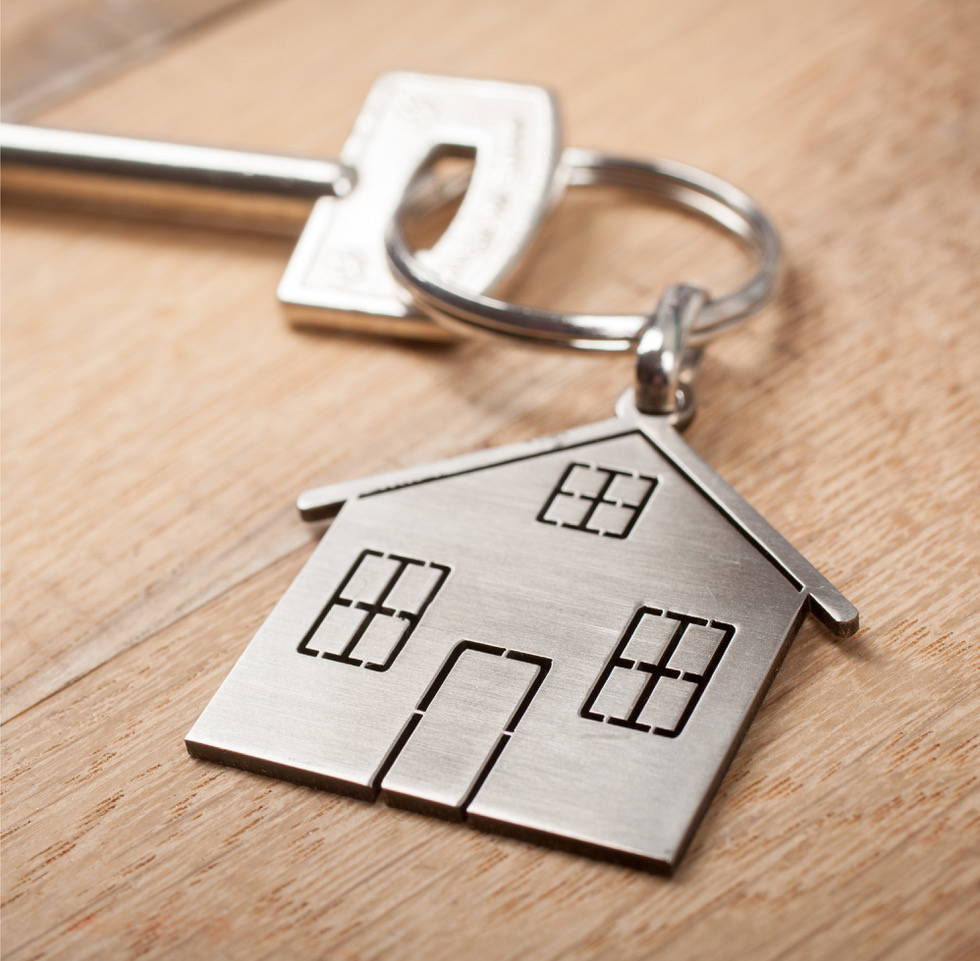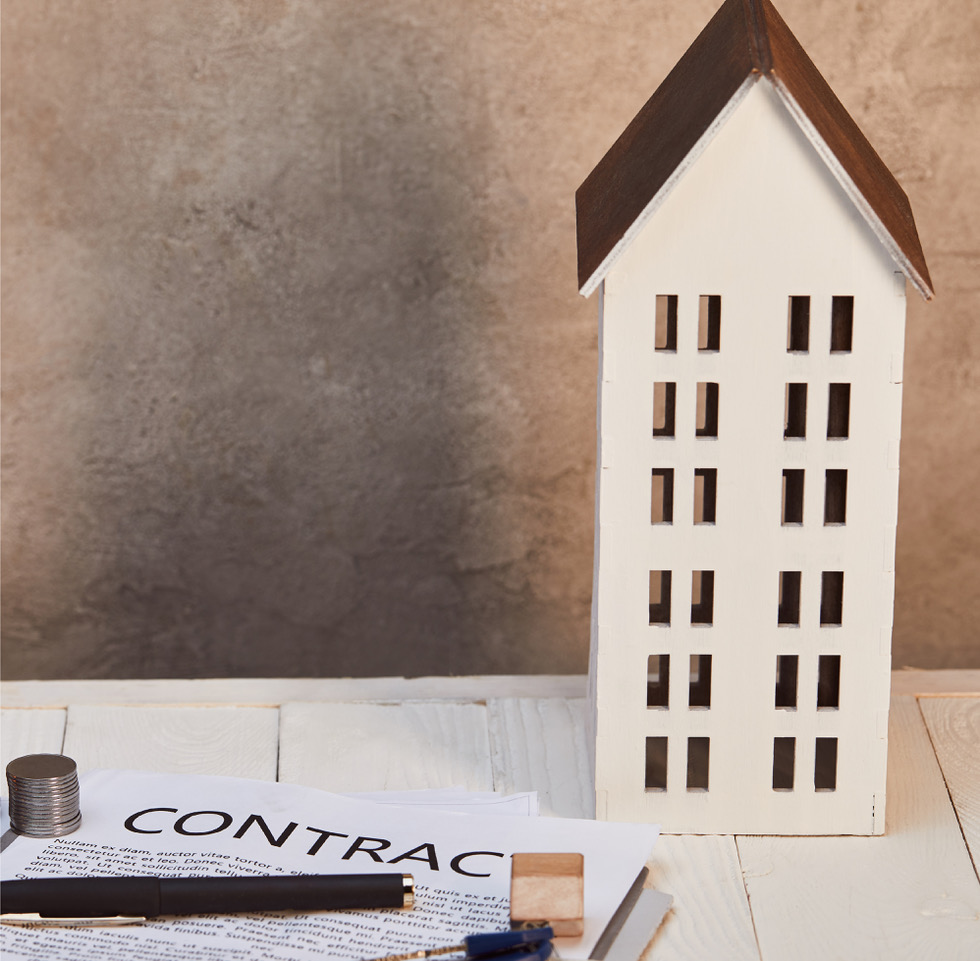HONEST & ETHICAL
bad credit mortgages
Getting A Mortgage With Bad Credit
Getting a mortgage with bad credit can be tough, especially if you have defaults, county court judgments (CCJs), individual voluntary arrangements (IVAs) or a bankruptcy in your credit history – but it’s not impossible.
This page offers help and advice around how to get a mortgage with bad credit, but it’s often helpful to talk directly to an impartial mortgage broker who can advise on your individual situation so please, contact our team today.
How to get a mortgage with bad credit
If you have a poor credit history, there are several steps you can take to improve your chances of getting a mortgage.
Give it time
Blemishes on your record could be seen as less serious over time, especially if your financial situation has improved.
Consider your partner’s debt
Buying with a partner will mean their credit history gets taken into account as well as yours.
Repair your credit history
Establish a pattern of consistent payments and responsible credit usage.
Present as a lower risk
Apply when you have a stable income and try to offer a high deposit, which may mean looking at cheaper properties
Be honest
Mortgage lenders will conduct thorough searches, and trying to hide adverse credit will look bad.
Have an explanation
Lenders will be interested in why you got into financial trouble and what has happened since then.
Should I buy a house with bad credit or wait to improve my score?
While it may be technically possible for you to get a mortgage when you have a poor credit history, you also have the option of trying to improve your credit score first, to increase your chances of getting accepted for a ‘normal’ mortgage. Here are some of the pros and cons of getting a bad credit mortgage:
PROS
- Plenty of choices: Which? research has found over 1,600 mortgage deals available to customers with poor credit
- Faster homeownership: you’ll start your journey to homeownership sooner if you take out a bad credit mortgage instead of waiting
CONS
- Higher rates: you’ll often have to pay higher interest rates if your credit history is poor
- Bigger deposit: you might have to buy with a higher deposit to secure a mortgage with bad credit


Checking your credit score
Whether or not you think these factors apply to you, you should always check out your credit report before applying for a mortgage.
The three biggest organisations for this are TransUnion (formerly Callcredit), Equifax and Experian. If you’re concerned, it’s worth checking how you fare with all three companies, as they all score slightly differently.
Read more
Once you have your report(s), consider what you can do to improve your credit rating, and check that all the information on record about you is correct.
In some cases, it will be better to wait until your credit history has improved so you can access more affordable mortgage deals. A good mortgage broker will be able to advise you on what mortgage deals you’re likely to be accepted for or whether you’re better off waiting.
It’s worth being cautious about applying for a mortgage if you think you might be rejected. Every time you make an application for credit, it gets recorded on your credit history, and unsuccessful applications can bring down your score.
If you’re applying for a mortgage in principle, lenders may be able to conduct a ‘soft check’, which does not show up on your record. However, be aware that a soft check may not uncover everything in your history, so your mortgage application could fail if issues come to light later.
